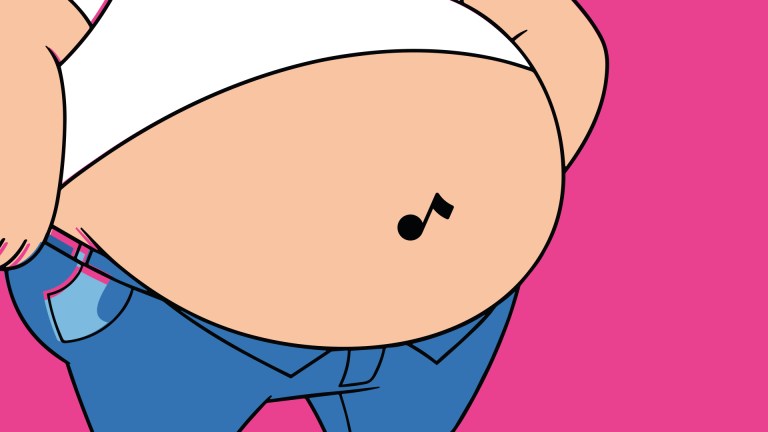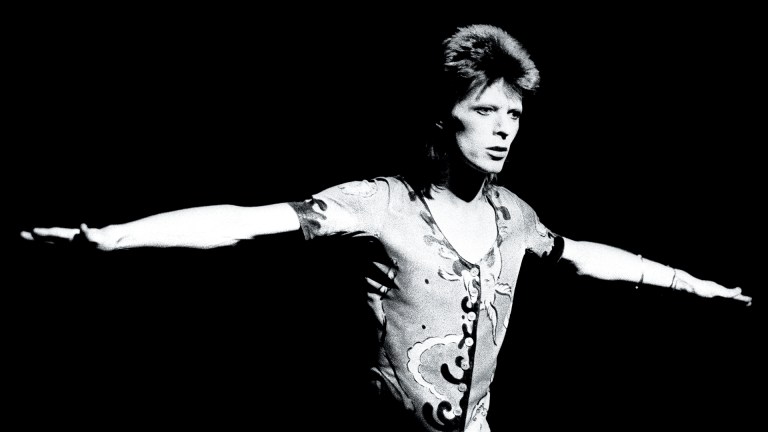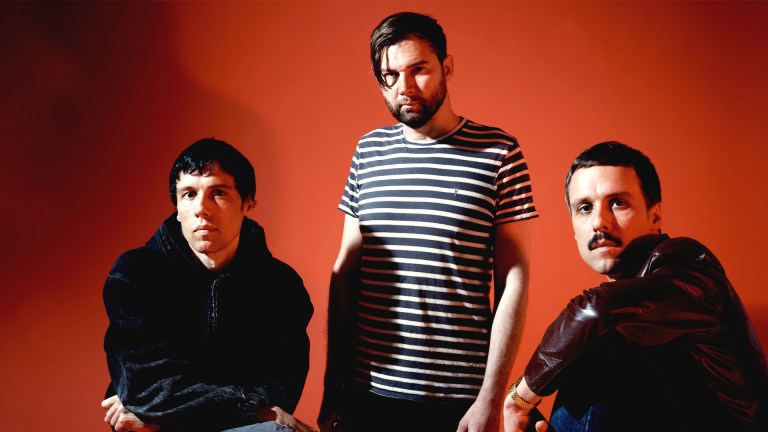Classical music is for everyone, including pop music snobs. Look, I know you think your teenage years coincided with the best popular music ever produced but listen, I was nine when The Beatles’ Love Me Do was released and 17 when they split up. I came of age with Tamla Motown and Dylan and the Stones and Dusty and Beefheart and Hendrix. Everyone seemed open to everything then. Nobody thought you were a ponce for getting into classical music even though, in hippie clothes and backcombed hair, you were definitely a ponce.

Ah, but they were simpler times. In the musical playground, hierarchy was determined by a series of inferred fights. Fairport Convention kicked Pentangle’s arse. Peter Green knocked Clapton over, then sat on his chest. Aretha pissed all over Tina. Once you’d sorted out the rankings it was perfectly acceptable to like everyone.
The same with classical music. Bach was the guv’nor, end of. King of the ring. Oh, Mozart danced like a butterfly. Beethoven stung like a very angry wasp. But nobody could really land a glove. Wagner, seriously overweight even for a heavyweight, tried to heave himself through the ropes, fell flat on his back and stayed there for the entire Ring Cycle.
It soon became clear that pianist Glenn Gould was Bach’s representative on earth. The first aria from his Goldberg Variations – not the famous hyperactive ’50s version but the one he recorded shortly before his death in the ’80s – is the most perfect couple of minutes in the history of recorded music. His trademark humming and whiffling aside, you couldn’t change the arrival or delivery of a single note by a micron without diminishing the whole thing. The music sounds fresh off the page, yet with all the intervening centuries factored in. He’s playing a work written for the harpsichord on a modern piano, with musical knowledge in his head that Bach couldn’t have dreamed. It’s magic. It’s alchemy.

Then wallop, I discovered Shostakovich. His Fifth Symphony was tagged “a Soviet artist’s creative response to justified criticism”. Oh hello. For a pretentious teenager collecting isms like bracelet charms – existentialism, Marxism, surrealism, cannabism, narcissism – this was gold. So he’s a Soviet composer (good) who then enrages Stalin with his difficult modern music (excellent) then saves his skin with an exculpatory socialist masterpiece (full house!) I got a cheap version from a Southend market: Karel Ančerl, Czech Philharmonic. It blew me away. It sounded on first hearing, and sounds still like, the 20th century distilled into four movements. The neurotic energy, the deep, dark, exquisite despair. A sixth-former’s dream. It has stayed with me all my life.
Vaughan Williams’ music is like being alone with God on a felltop. Elgar is like being shut up with your grandparents on a Sunday in 1956
Here again, the “time dimension” gives it a power not even Shostakovich could have imagined, as you reach back to the 1930s through the horrors of a war the Fifth now, eerily, seems to anticipate. As an aside, I agree with Stalin. I’ve seen Lady Macbeth of the Mtsensk District twice now. Much as I admire it, I too have found myself wondering “how much more of this shrieking fucking misery IS there?”.









